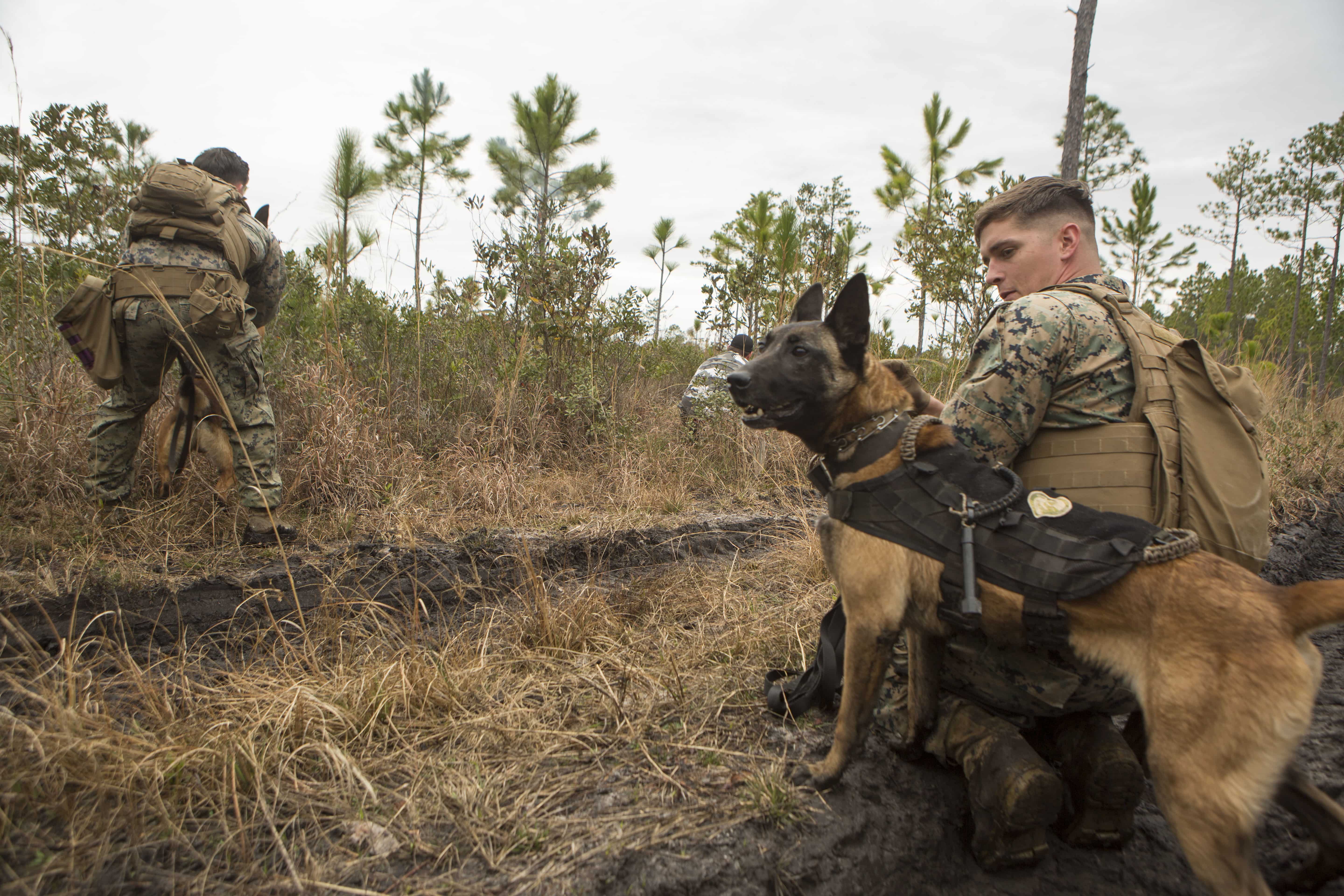In response to the escalating security, political, and humanitarian crisis in Haiti, where armed gangs continue to exert control over the capital, Port-au-Prince, the Canadian Armed Forces have deployed their elite counter-terrorism unit, Joint Task Force 2 (JTF2), to the Canadian Embassy in Haiti. JTF2 is known for its covert operations and specialized counter-terrorism capabilities.
JTF2’s involvement in international operations is not unprecedented. The unit has a history of deployments where Canadian interests or nationals are at risk. Past engagements include rescue missions in Iraq, protective services for Canadian dignitaries abroad, and contributions to multinational operations in conflict zones. The move by Canada follows similar actions by the United States, which has also taken steps to evacuate its nationals from Haiti to the Dominican Republic.
Images have emerged showcasing Canadian Operatives on the Canadian Embassies rooftop.
While the Canadian Armed Forces deployed JTF2 to ensure the security of the Canadian Embassy in Haiti, the diplomatic mission continues to operate amidst the crisis. As leaders from the Caribbean, the United States, Canada, and other nations convened in Kingston, Jamaica, to deliberate on strategies to reestablish order in Haiti, Canada played an active role. Prime Minister Justin Trudeau participated virtually in the meeting, and concurrently convened his Incident Response Group to address the unfolding situation in Haiti.
Bob Rae, Canada’s UN Ambassador, was physically present at the meetings in Kingston. He communicated to CBC News that, despite the tumultuous conditions, Canada’s embassy in Port-au-Prince remains operational. Rae highlighted that the embassy’s continued operation hinges on the evolving security landscape, with a commitment to remain functional as long as feasible. This stance is mirrored by Global Affairs Canada’s announcement that, while the embassy has temporarily closed its doors to the public, it will still furnish consular services remotely.








